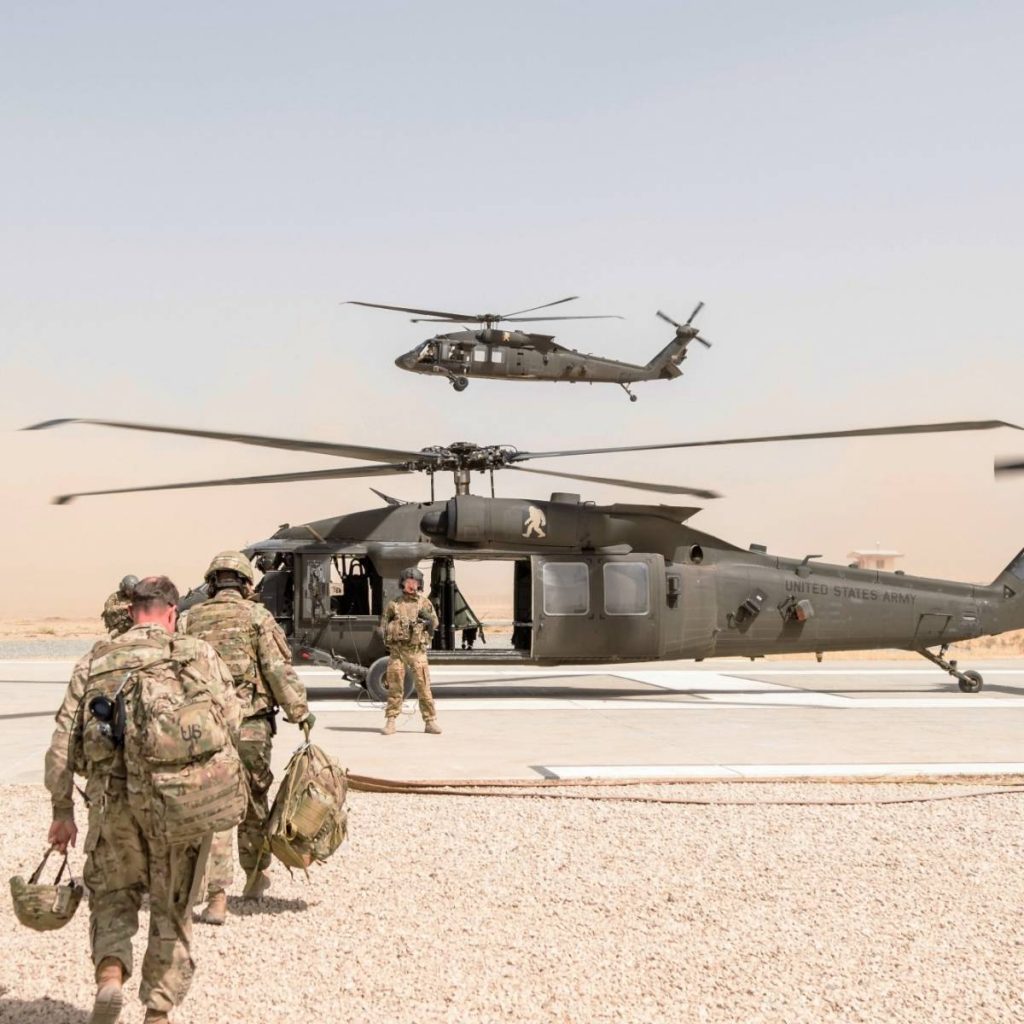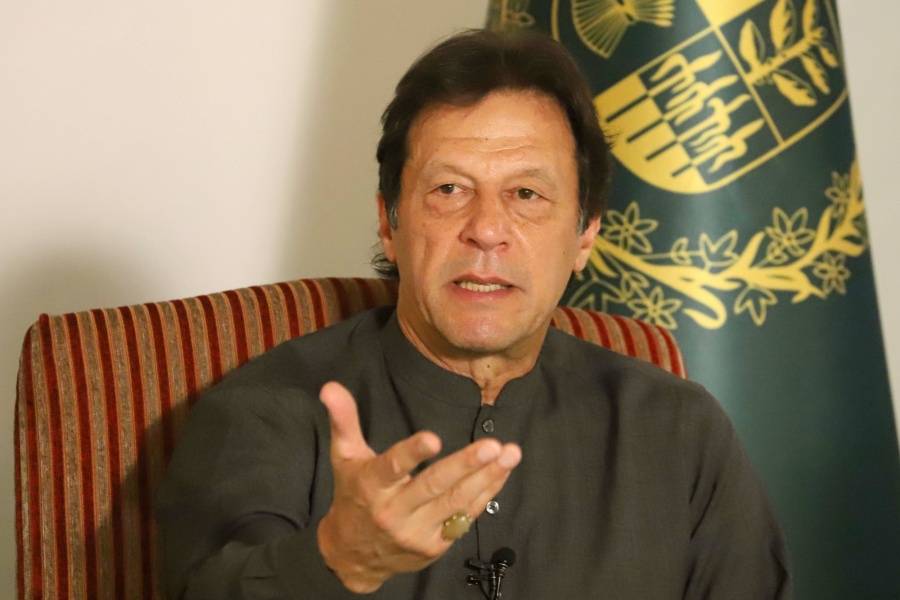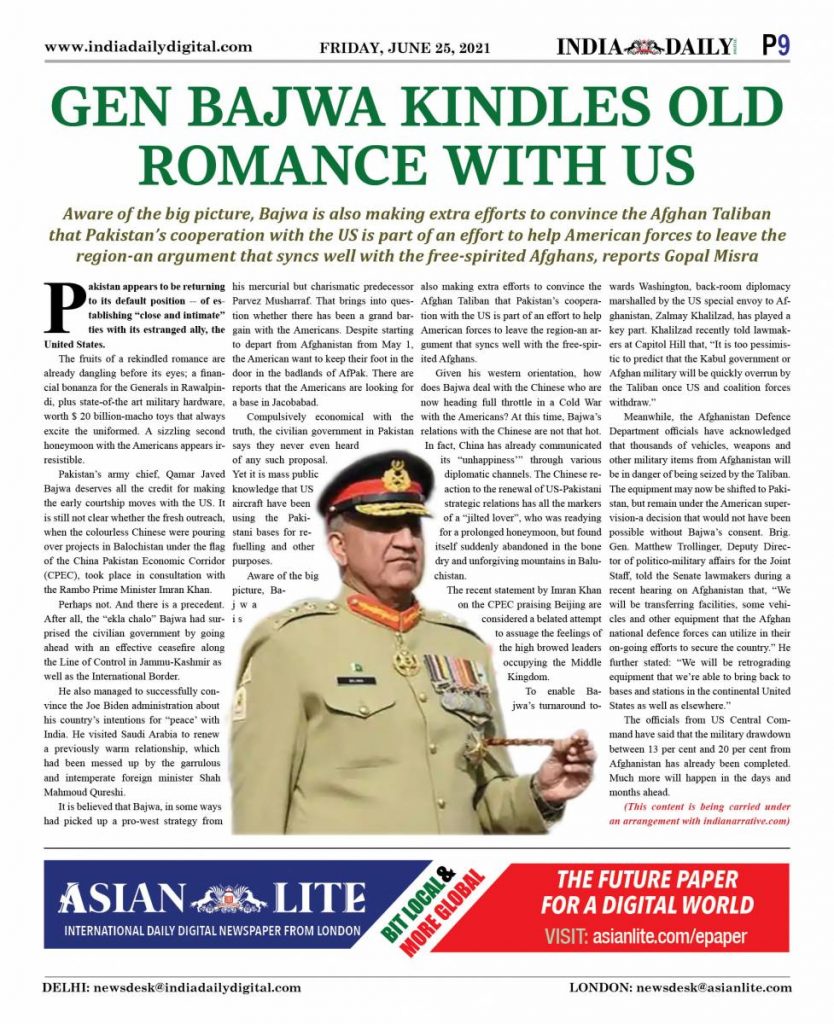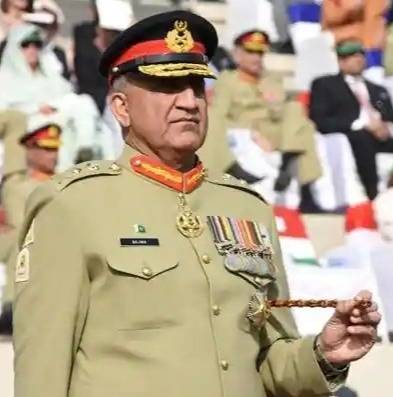Aware of the big picture, Bajwa is also making extra efforts to convince the Afghan Taliban that Pakistan’s cooperation with the US is part of an effort to help American forces to leave the region-an argument that syncs well with the free-spirited Afghans, reports Gopal Misra
Pakistan appears to be returning to its default position — of establishing “close and intimate” ties with its estranged ally, the United States. The fruits of a rekindled romance are already dangling before its eyes; a financial bonanza for the Generals in Rawalpindi, plus state-of-the art military hardware, worth $ 20 billion-macho toys that always excite the uniformed. A sizzling second honeymoon with the Americans appears irresistible.
Pakistan’s army chief, Qamar Javed Bajwa deserves all the credit for making the early courtship moves with the US. It is still not clear whether the fresh outreach, when the colourless Chinese were pouring over projects in Balochistan under the flag of the China Pakistan Economic Corridor (CPEC), took place in consultation with the Rambo Prime Minister Imran Khan.
Perhaps not. And there is a precedent. After all, the “ekla chalo” Bajwa had surprised the civilian government by going ahead with an effective ceasefire along the Line of Control in Jammu-Kashmir as well as the International Border.
He also managed to successfully convince the Joe Biden administration about his country’s intentions for “peace’ with India. He visited Saudi Arabia to renew a previously warm relationship, which had been messed up by the garrulous and intemperate foreign minister Shah Mahmoud Qureshi.

It is believed that Bajwa, in some ways had picked up a pro-west strategy from his mercurial but charismatic predecessor Parvez Musharraf. That brings into question whether there has been a grand bargain with the Americans. Despite starting to depart from Afghanistan from May 1, the American want to keep their foot in the door in the badlands of AfPak. There are reports that the Americans are looking for a base in Jacobabad.
Compulsively economical with the truth, the civilian government in Pakistan says they never even heard of any such proposal. Yet it is mass public knowledge that US aircraft have been using the Pakistani bases for refuelling and other purposes.

Aware of the big picture, Bajwa is also making extra efforts to convince the Afghan Taliban that Pakistan’s cooperation with the US is part of an effort to help American forces to leave the region-an argument that syncs well with the free-spirited Afghans.
Given his western orientation, how does Bajwa deal with the Chinese who are now heading full throttle in a Cold War with the Americans? At this time, Bajwa’s relations with the Chinese are not that hot. In fact, China has already communicated its “unhappiness’” through various diplomatic channels. The Chinese reaction to the renewal of US-Pakistani strategic relations has all the markers of a “jilted lover”, who was readying for a prolonged honeymoon, but found itself suddenly abandoned in the bone dry and unforgiving mountains in Baluchistan.
The recent statement by Imran Khan on the CPEC praising Beijing are considered a belated attempt to assuage the feelings of the high browed leaders occupying the Middle Kingdom.
To enable Bajwa’s turnaround towards Washington, back-room diplomacy marshalled by the US special envoy to Afghanistan, Zalmay Khalilzad, has played a key part. Khalilzad recently told lawmakers at Capitol Hill that, “It is too pessimistic to predict that the Kabul government or Afghan military will be quickly overrun by the Taliban once US and coalition forces withdraw.”

Meanwhile, the Afghanistan Defence Department officials have acknowledged that thousands of vehicles, weapons and other military items from Afghanistan will be in danger of being seized by the Taliban. The equipment may now be shifted to Pakistan, but remain under the American supervision-a decision that would not have been possible without Bajwa’s consent. Brig.Gen. Matthew Trollinger, Deputy Director of politico-military affairs for the Joint Staff, told the Senate lawmakers during a recent hearing on Afghanistan that, “We will be transferring facilities, some vehicles and other equipment that the Afghan national defence forces can utilize in their on-going efforts to secure the country.” He further stated: “We will be retrograding equipment that we’re able to bring back to bases and stations in the continental United States as well as elsewhere.”
The officials from US Central Command have said that the military drawdown between 13 per cent and 20 per cent from Afghanistan has already been completed. Much more will happen in the days and months ahead.
(This content is being carried under an arrangement with indianarrative.com)
ALSO READ: Pakistan likely to stay in FATF grey list

Leave a Reply